It opens your eyes in ways a plane ticket never could.
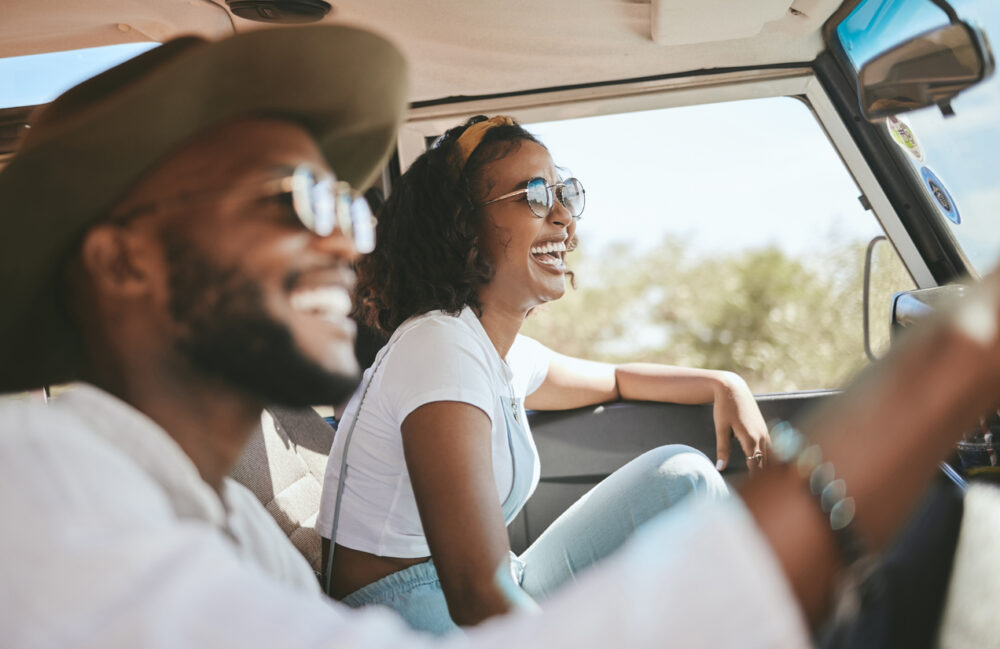
There’s something raw and beautiful about hitting the road with no TSA lines, flight delays, or rigid itineraries. The long stretches of highway, unexpected roadside attractions, and small-town diners offer a kind of freedom that’s hard to explain until you’ve felt it for yourself. Cross-country road trips aren’t just about reaching a destination—they’re about how the journey unfolds, who you meet, and what you learn about yourself in the in-between moments.
This kind of travel slows you down in the best way. You find yourself noticing more, listening more, and caring less about what’s trending and more about what’s real. You gain a sense of perspective that doesn’t come from a guidebook. It’s not just the changing landscapes outside the window that shift—it’s something internal, too. If you’ve never taken a cross-country road trip, there are a dozen reasons why it should be on your list. Here are thirteen that stand out.
1. You start noticing the beauty in forgotten places.
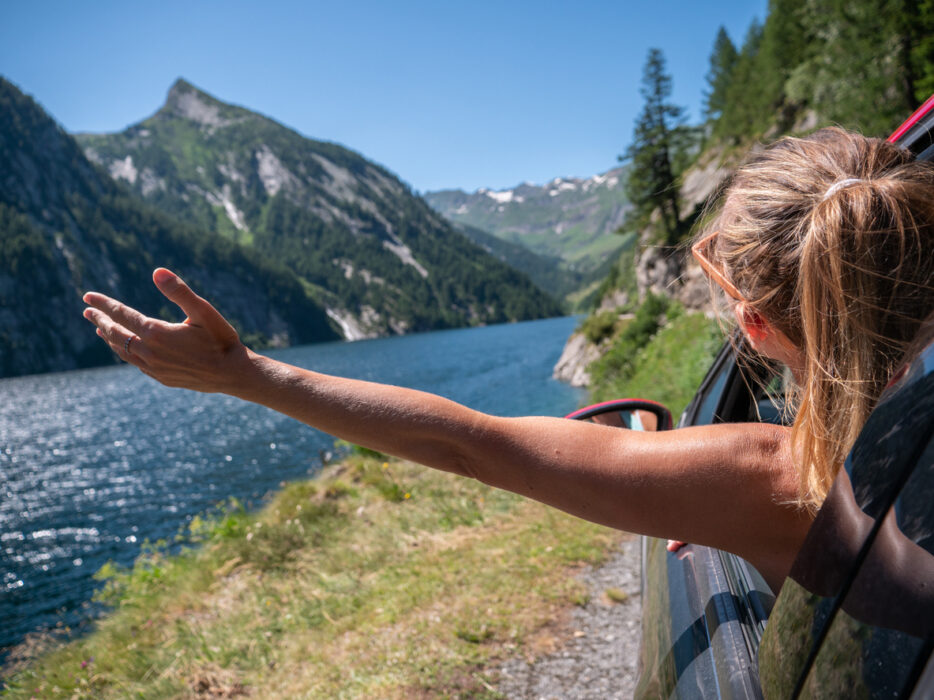
When you drive across the country, you pass through towns no one talks about. Places without hashtags or influencer reviews. These are often the spots that surprise you the most. A quiet street with pastel houses, an old gas station with hand-painted signs, or a diner still serving pie like it’s 1953. They may not make the front of a postcard, but they stay in your mind long after the trip ends.
You begin to understand that beauty isn’t reserved for famous cities or five-star resorts, as mentioned by Bob Bales at The Travelling Fool. It lives in the grain of a weathered barn, the bend of a river, or a sunset over an empty stretch of highway. These places aren’t polished, but they’re genuine. You stop chasing perfection and start appreciating authenticity. It’s a shift you don’t even realize is happening until you look back and realize you’re drawn more to the real than the glamorous.
2. You make peace with stillness and silence.
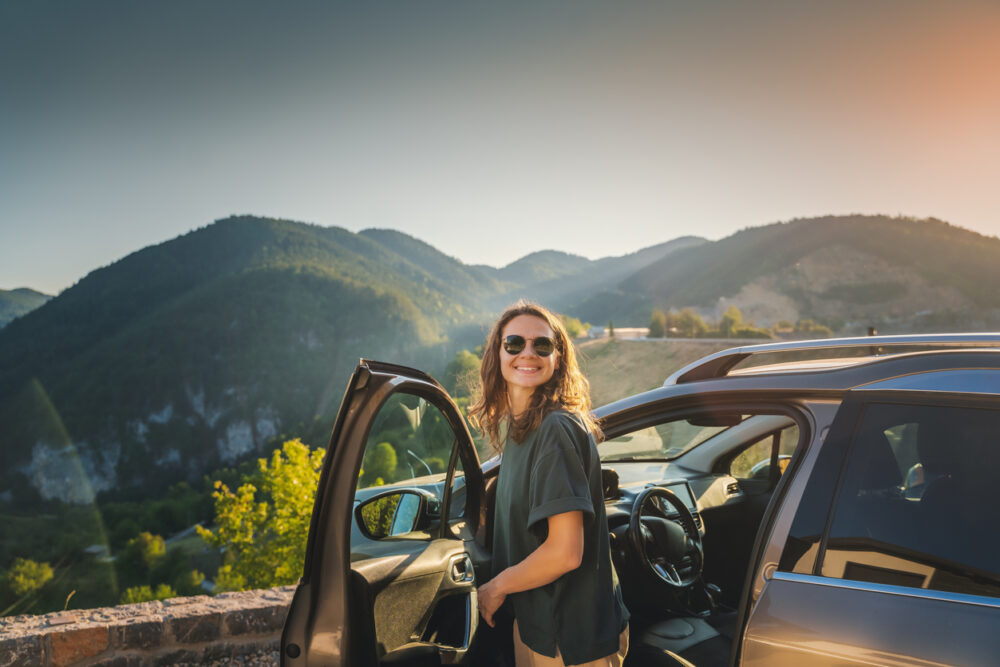
Crossing multiple states often means long stretches without much noise—no buzzing phones, no chatter, no curated playlists. Just the hum of the engine and your thoughts riding shotgun. At first, it feels uncomfortable. Our lives are so packed with stimulation that silence seems like a void. But somewhere along the journey, that stillness becomes something you crave, as shared by Madison Schott at Meidum.com.
You start using the quiet to reflect instead of reaching for distraction. Memories come back, clarity shows up, and suddenly you’re okay just sitting with yourself. You realize that silence isn’t empty—it’s full of things you usually don’t make time to hear. By the time you’re a few states in, you’re no longer rushing to fill the space. You’ve made room for it. And in doing so, you’ve made room for a deeper version of yourself.
3. You meet people who shift your perspective.

Stopping in a roadside diner or getting lost in a tiny town often leads to unexpected conversations. A retired farmer might share stories about droughts and hard winters. A local artist might show you a mural they’ve been working on for years. These aren’t people you’d cross paths with at home or on your usual vacation circuit, but they’re the ones who stick with you, says writers at Cruise America.
Hearing different life stories and perspectives reshapes how you see your own life. You realize how narrow your everyday world can be and how easy it is to assume your reality is the default. These encounters don’t always lead to friendships or Instagram moments. But they leave impressions—sometimes subtle, sometimes profound—that remind you the world is far richer than you thought.
4. You learn to be flexible without freaking out.
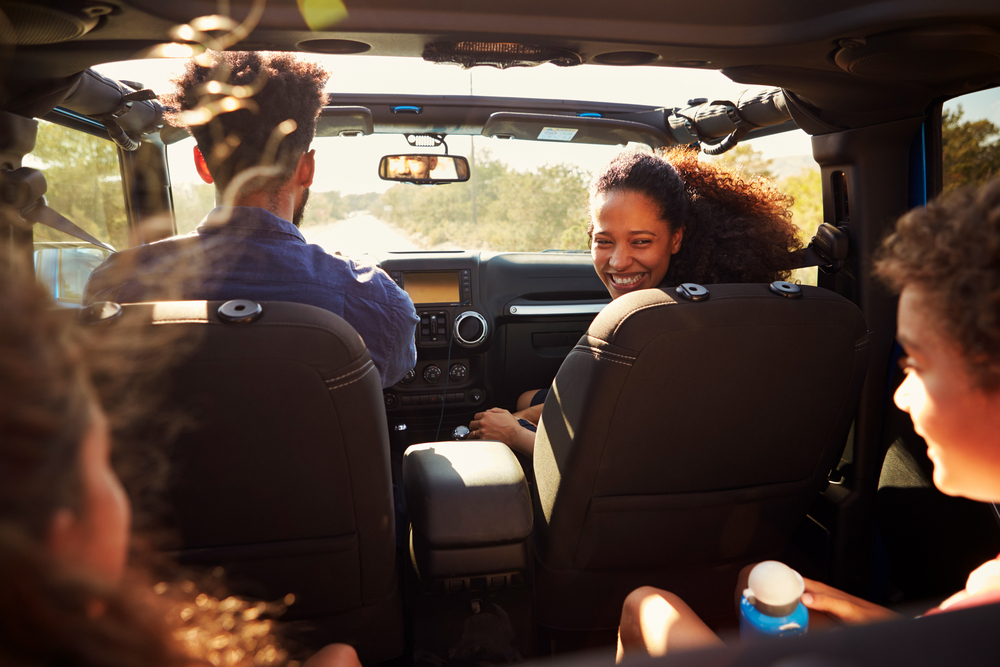
Something will go wrong on a cross-country road trip. A flat tire, a closed road, an overbooked motel, or a GPS glitch that drops you twenty miles off course. These hiccups become stories later, but in the moment, they test your patience and adaptability. You either lose your cool or learn to roll with it.
What starts as frustration turns into a shrug and a workaround. You learn to adapt quickly and laugh more often. Flexibility becomes second nature, not a chore. That attitude starts bleeding into other parts of your life, too. You stop clinging so tightly to control and find unexpected joy in the unknown. And somehow, your most memorable stories come from the moments that didn’t go as planned.
5. You find magic in the middle of nowhere.
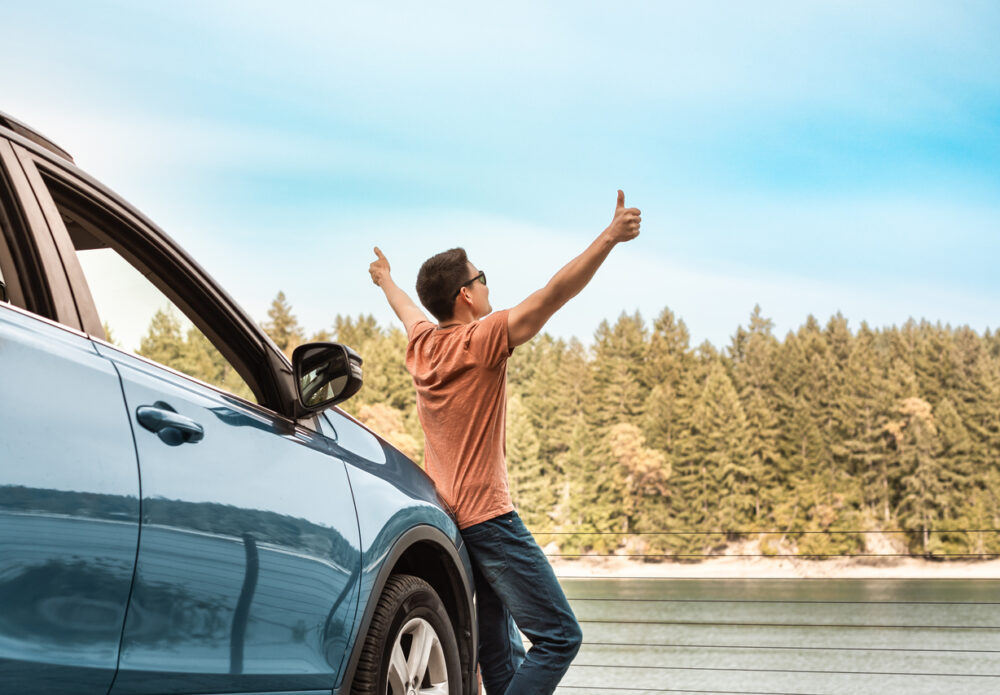
It’s easy to romanticize big cities and bucket-list landmarks, but there’s a special kind of magic in the forgotten spaces between. A dusty two-lane road cutting through endless plains. A gas station where you end up chatting with a stranger over lukewarm coffee. A lookout point with no signs, no crowd—just you, the breeze, and a jaw-dropping view.
These aren’t places that anyone planned for you to visit. They’re not on most maps or in travel guides. But they become the ones you talk about most when you get home. You realize that not everything valuable comes with a brochure or a five-star rating. Sometimes, the most magical moments are the ones you stumble into by chance, simply because you decided to drive through instead of fly over.
6. You learn how little you actually need.
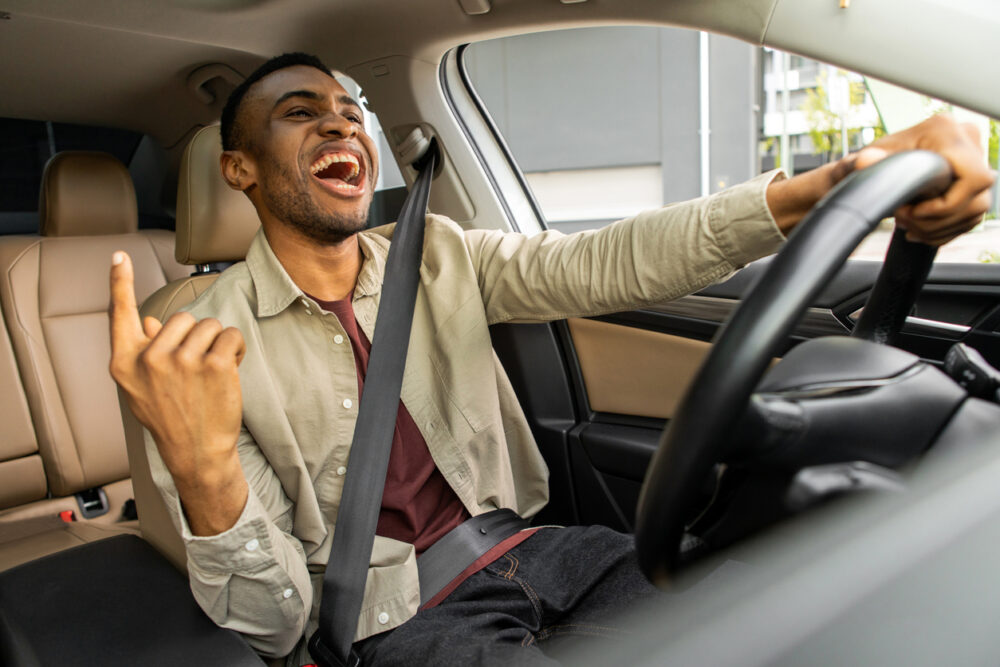
When you’re living out of a trunk or the back of a van for weeks, you quickly realize what’s essential—and what isn’t. You stop caring about outfit options and start valuing clean socks. You swap out multiple gadgets for a single good map and a notebook. The less you carry, the lighter you feel—literally and mentally.
That simplicity carries over once the trip ends. You look at your home differently. You question the clutter, the impulse purchases, the packed calendar. On the road, you learn to appreciate minimalism not because it’s trendy, but because it feels good. It frees up space in your car and in your brain. And the more you let go, the more you feel grounded in what actually matters.
7. You get to witness the country change in real time.
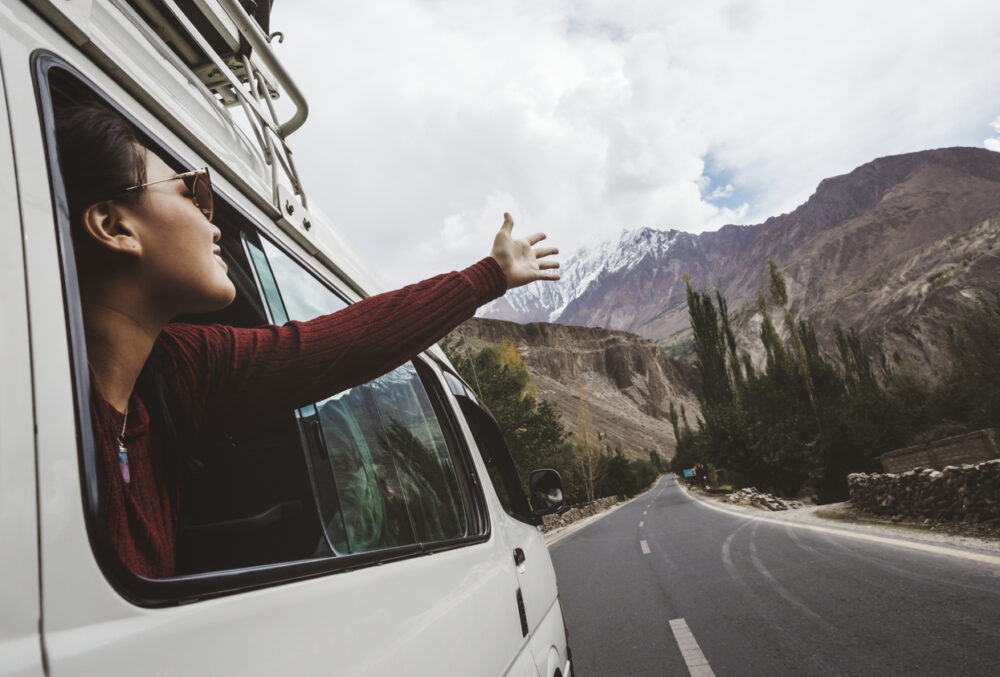
Driving from coast to coast lets you see how dramatically the scenery shifts—mountains give way to flatlands, deserts bleed into forests, and city skylines fade into endless fields. You’re not just reading about regional differences or seeing them in a documentary. You’re living them with each passing mile.
That firsthand experience builds a kind of respect and curiosity that no textbook or social media post can replicate. You notice how accents change, how menus shift, how architecture reflects the environment. You stop generalizing because you’ve seen how diverse and layered the country really is. Each mile makes the nation feel both bigger and more connected, all at once.
8. You remember how to be curious again.

Somewhere along the road, you start asking questions you haven’t asked since you were a kid. What’s down that dirt road? Who built that weird sculpture? Why does this town have three ice cream shops and no stoplight? The world starts to feel like a mystery again, not just a series of routines.
This curiosity becomes addictive. It spills over into everything. You start reading plaques, chatting with locals, and pulling over just because something caught your eye. That hunger to explore and discover slowly replaces the need to plan everything. And even after the trip ends, that sense of wonder follows you home. You realize how much you’ve been missing by not looking closely enough.
9. You create shared memories that actually matter.
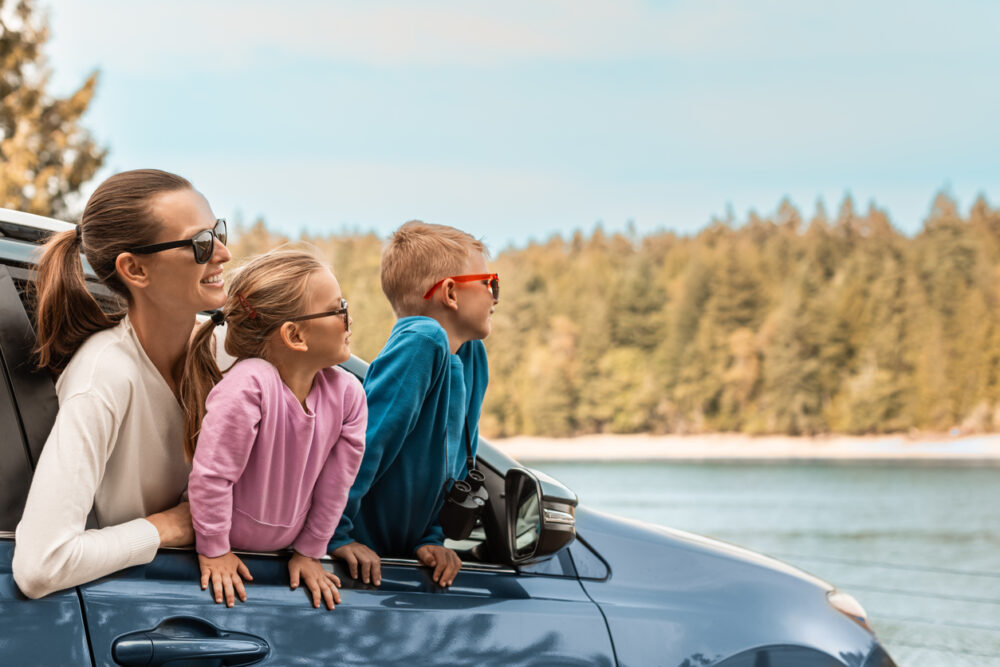
If you road trip with someone else, you end up sharing not just time, but experiences that stick. You’ll laugh about the time you got stuck in the rain with no umbrella. You’ll remember that one amazing roadside taco stand. You’ll have a thousand little memories that don’t seem big at the time but grow in meaning every time you retell them.
These aren’t the kinds of memories built around photos and highlights. They’re built in the gaps—the waiting, the silly jokes, the quiet moments when you both stared out the window and just understood each other. Road trips build bonds that are harder to form in busy daily life. They give relationships room to breathe, stretch, and deepen without the usual distractions.
10. You stop chasing and start experiencing.
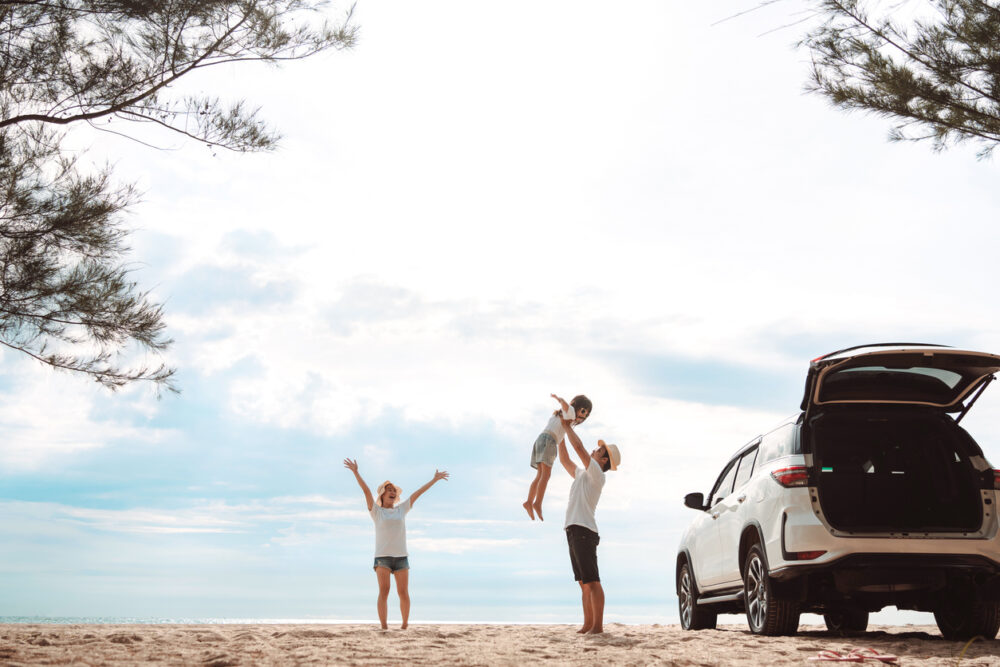
Most vacations feel like a checklist—see this landmark, eat at that place, post the photo, move on. Cross-country road trips slow everything down. You spend hours on the road, with no destination pulling at you urgently. You stop for things that interest you, not because they’re famous, but because they feel right in the moment.
This shift from chasing to experiencing changes how you travel. And more importantly, it changes how you live. You become more present, more tuned in. You stop caring if the moment is “post-worthy” and start noticing if it’s real. It’s not about efficiency—it’s about depth. The more you sink into that mindset, the richer your life starts to feel, mile by mile.
11. You see how different—and similar—people really are.
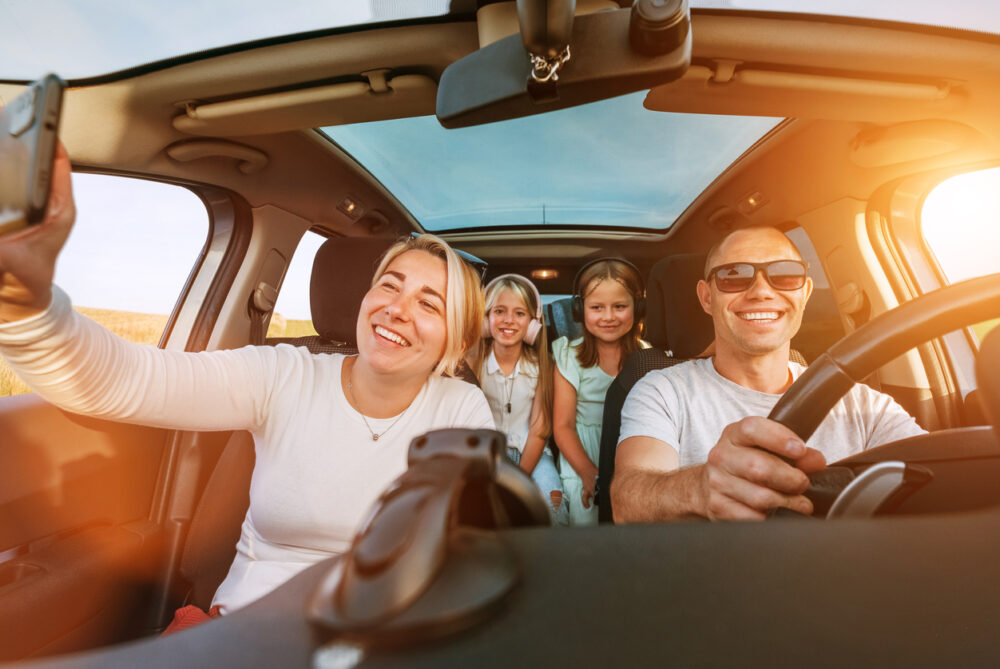
Driving across the country reveals a strange and beautiful contradiction: people are wildly different, yet often comfortingly the same. You’ll hear different accents, encounter contrasting values, and see political signs that make you blink. But underneath all that, there’s a shared humanity that shines through in surprising ways.
You’ll meet people who want to help you find your way, recommend their favorite lunch spot, or share a story just because you asked. These brief, genuine moments remind you that connection doesn’t require agreement. It just needs presence. The more people you meet, the more you understand that behind the surface differences, we’re all wired for meaning, joy, and belonging. It doesn’t erase the divides, but it softens your assumptions—and that’s a powerful start.
12. You experience freedom in its purest form.

There’s nothing quite like realizing you can go anywhere you want, whenever you want. No security checkpoints, no boarding times, no schedules telling you when to move. Just you, the open road, and the freedom to choose left instead of right if the mood strikes. That kind of liberty is rare in today’s hyper-structured world.
And it’s not just about geography—it’s emotional, too. You start making decisions based on curiosity instead of convenience. You rediscover that you have agency. That freedom spills into other areas of life once you’re off the road. You stop asking for permission and start asking, “What do I want next?” Even long after the road trip ends, that feeling stays with you. It’s like a part of you stayed wild and spontaneous—and you’re better for it.
13. You realize home isn’t a place—it’s a feeling.
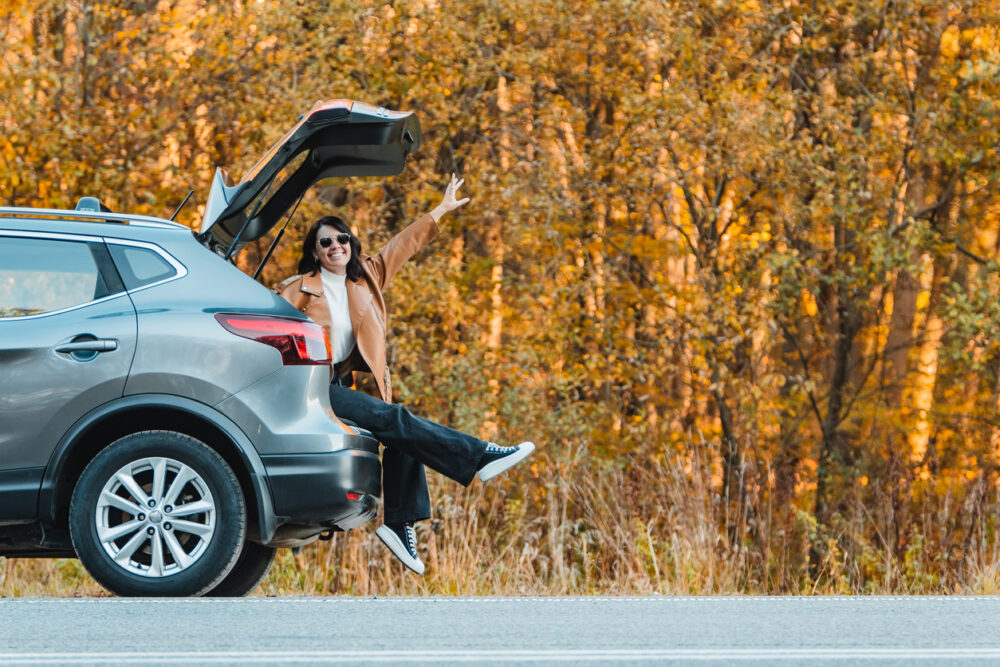
At some point on your journey, maybe when you’re watching the stars from a sleeping bag or sipping coffee in a truck stop at dawn, you’ll realize that “home” has shifted. It’s no longer tied to a zip code or a house. It’s become a feeling—comfort, safety, belonging—that you can carry with you.
That realization changes everything. You stop needing everything to be familiar. You trust yourself more, knowing that you can feel at home in motion, in solitude, in places that used to feel foreign. It gives you a kind of emotional stability that doesn’t rely on a specific location. The road teaches you that home isn’t something you return to—it’s something you bring with you, wherever you go. And that’s a lesson worth learning at least once in your life.
